Wetting agents aid in drilling fluid performance by altering the boundary properties between liquid and solid surfaces. Key features influenced by these agents include:
Hydrocolloid Stability: Wetting agents help stabilize the drilling mud, ensuring solid materials are well dispersed in the liquid.
Reduced Blockage Risk: By lowering surface tension, these agents aid in preventing microscopic blockages in well walls and drilling equipment.
Scale Control: They help prevent the formation of deposits like calcium sulfate or certain organic materials.
Improved Flow: Wetting agents facilitate increased drilling mud flow by reducing surface tension, which can be effective in reducing drilling costs and time.
Corrosion Reduction: These agents can reduce contact between corrosive liquids and metals, thereby protecting against corrosion.
Operational Facilitation: The use of wetting agents can assist in specific operations like drilling with heavy muds, enlarging well diameters, or with specialized equipment.
Selecting the appropriate agent requires attention to the type of well, walls, and operational conditions, including pressure and temperature. Overall, wetting agents are key substances in optimizing oil well drilling operations

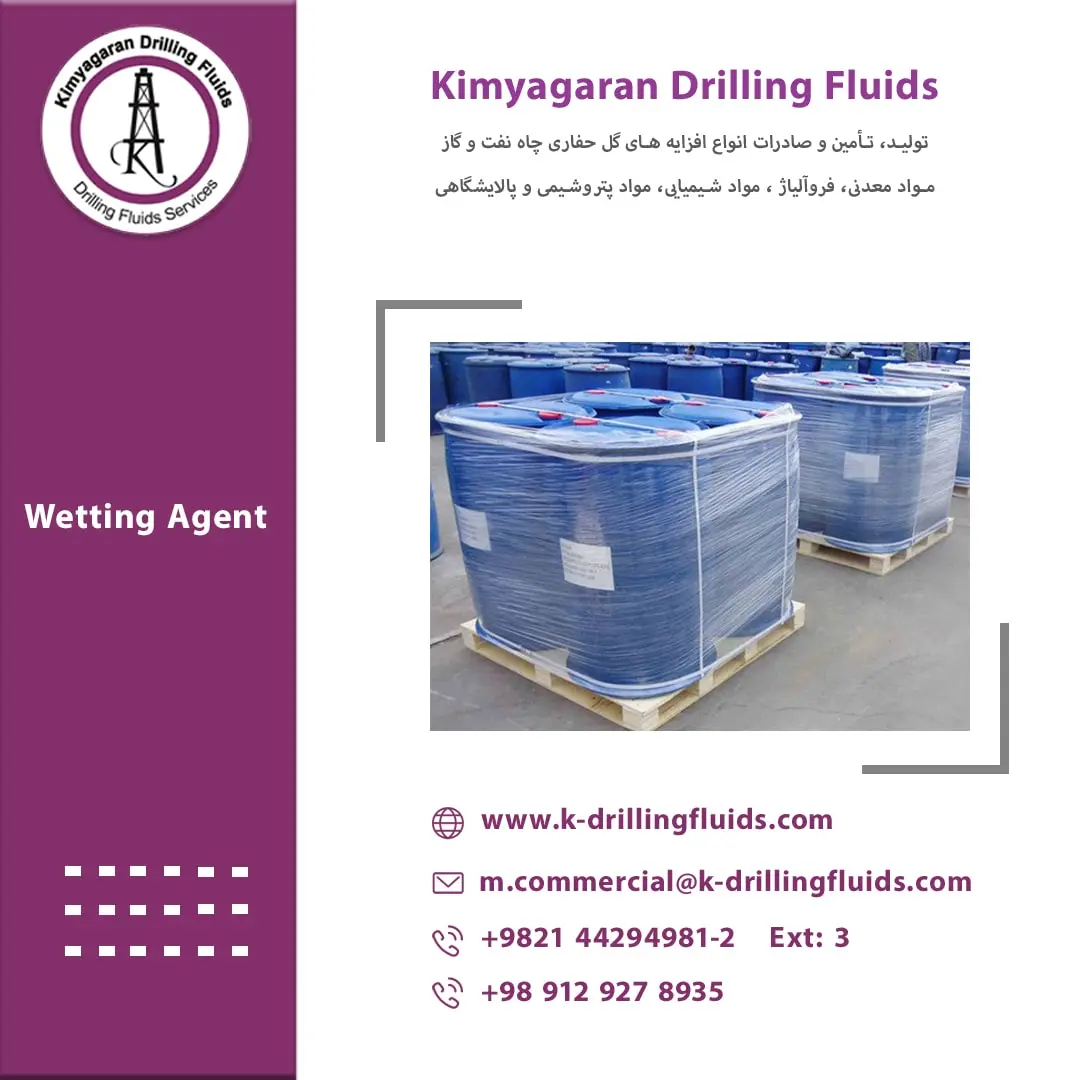
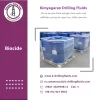
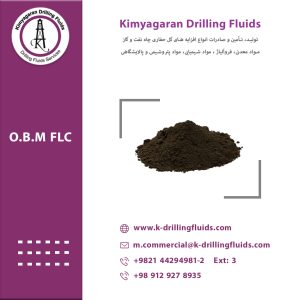
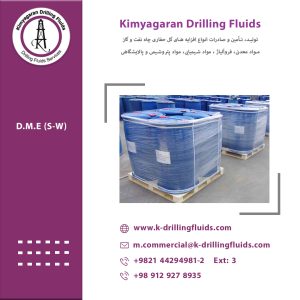
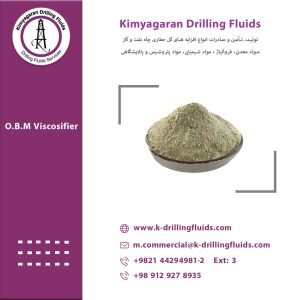
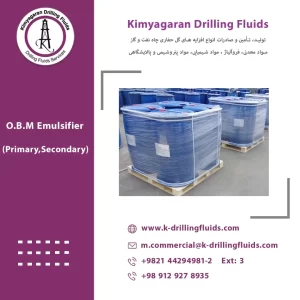
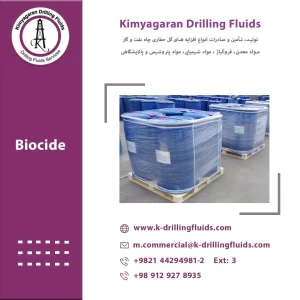
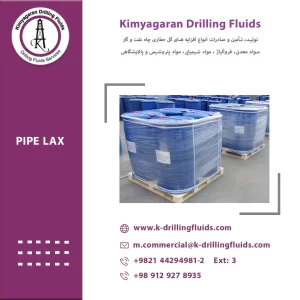
Reviews
There are no reviews yet.